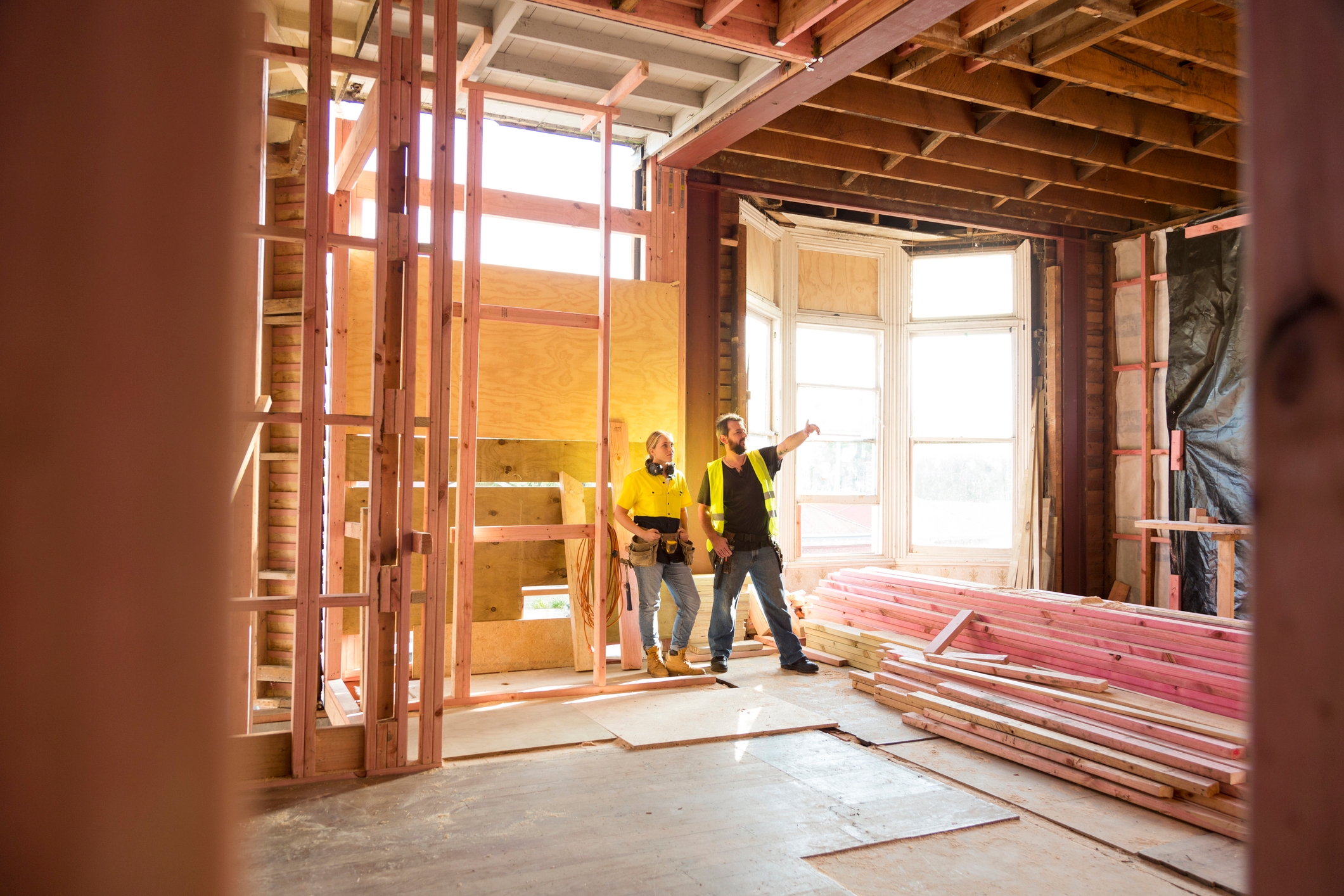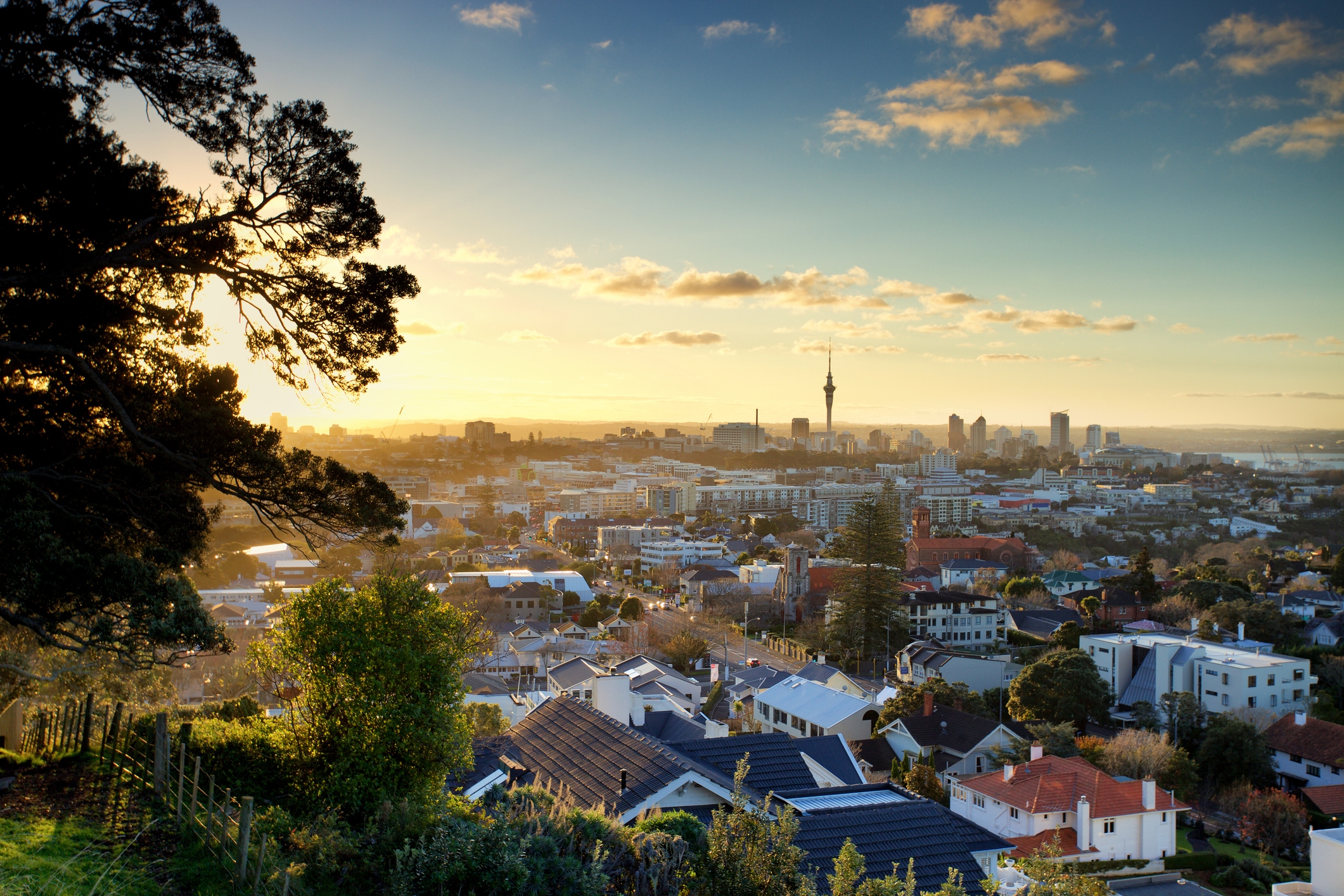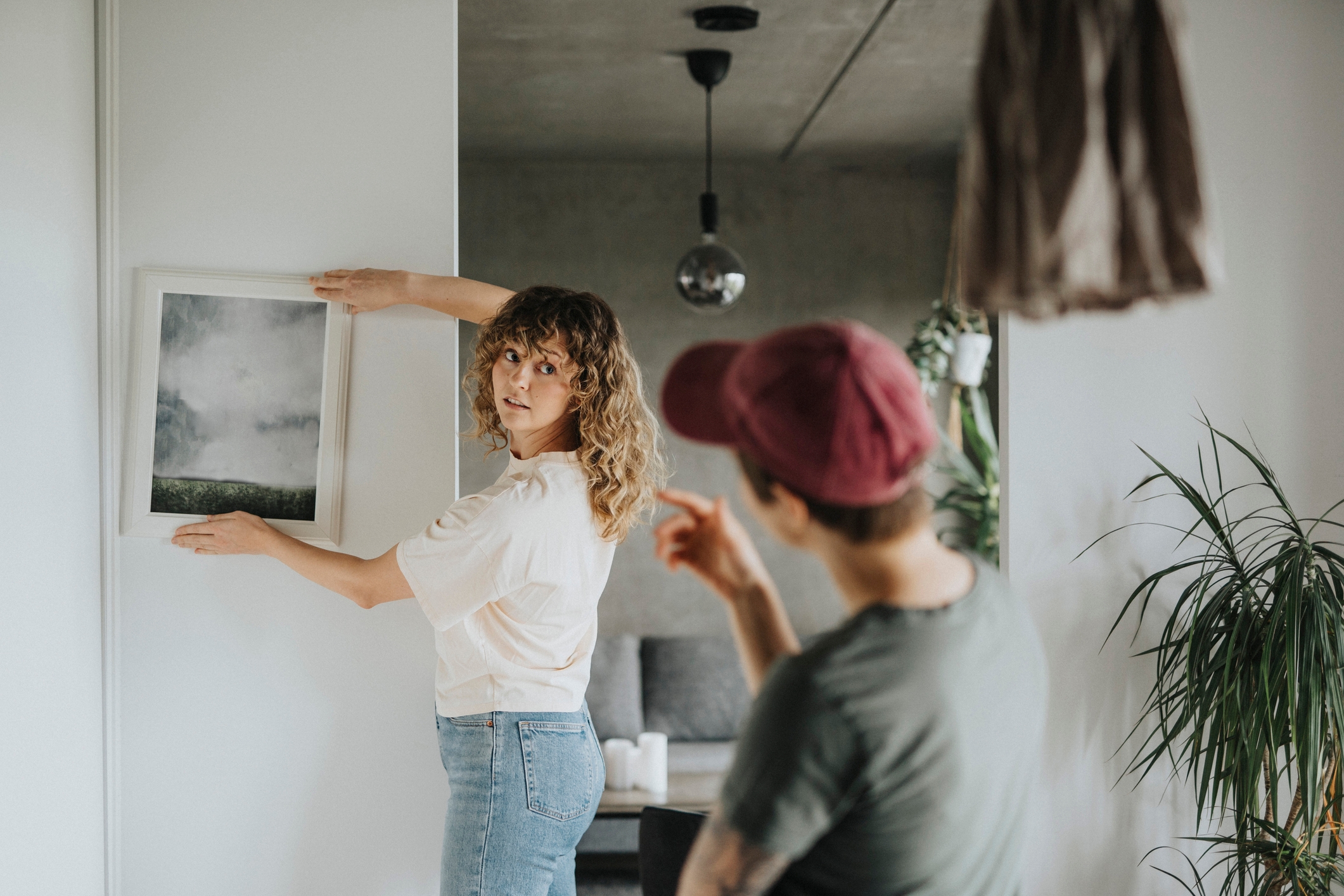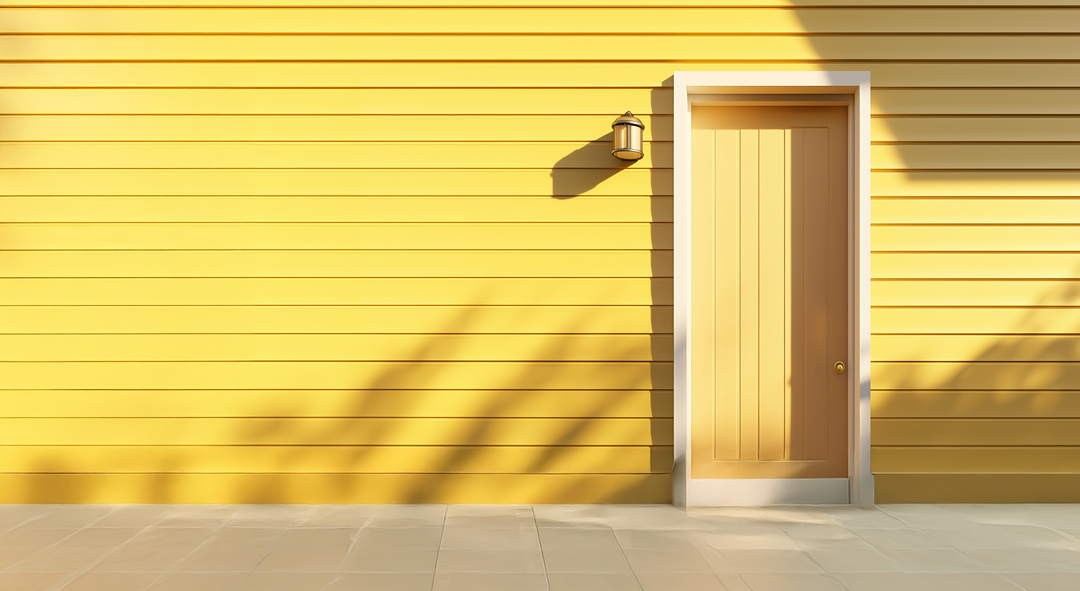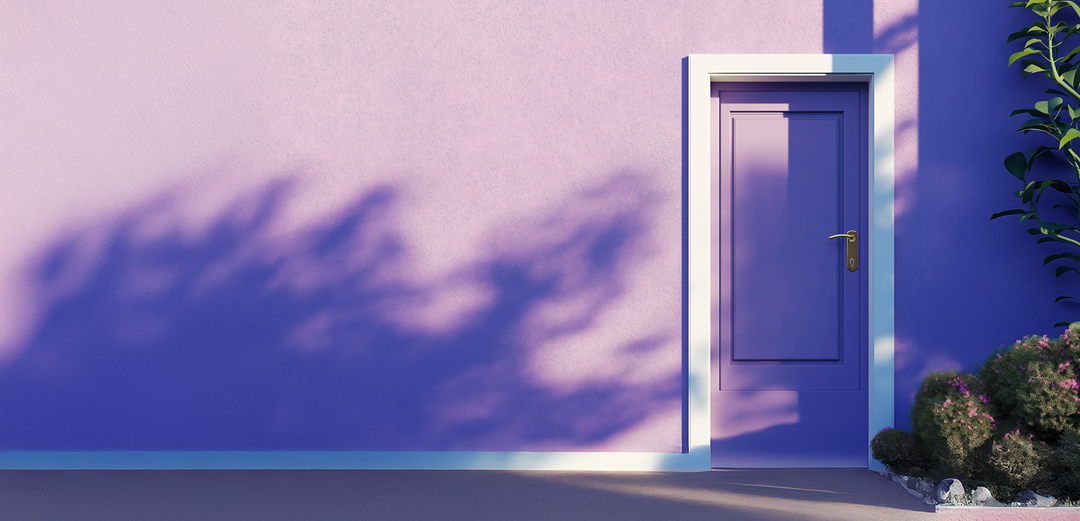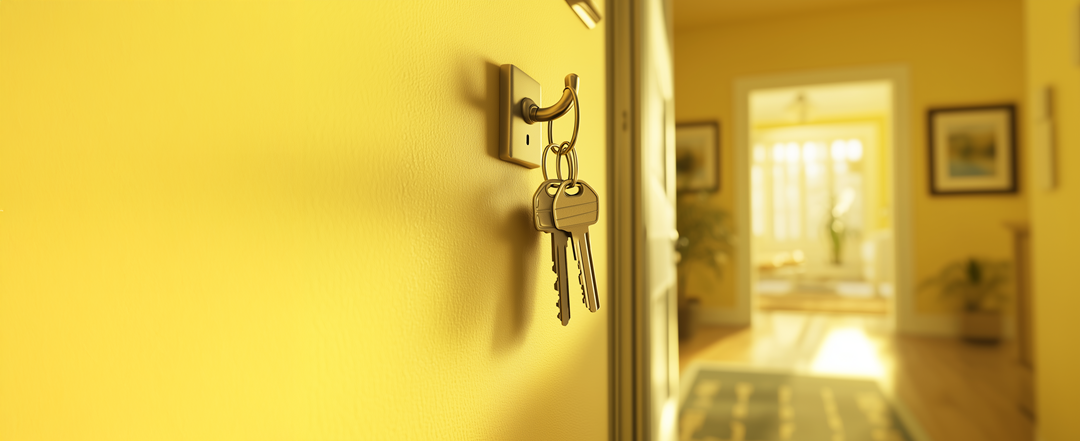Buying guide
Build or buy in NZ: What’s the cheaper, better option?
Everything you need to know to decide

Getting into your first home requires making thousands of tiny decisions, and whether to build or buy is one of the biggest ones. To help you decide which is best for you we’ve taken a closer look at each option, including costs, pros and cons.
Cost of buying vs building compared
Building
There are two main costs when building – buying the land and funding the build. These can obviously go up and down depending on what land you buy, and what you build:
Land costs per sqm
The most recent data (2021) from the New Zealand Infrastructure Commission can give us an idea of how much land may cost in main centres:
Auckland: $1,762
Christchurch: $444
Hamilton: $648
Queenstown: $880
Tauranga: $1,504
Wellington: $913
Rural land tends to be considerably cheaper, and land usually gets more expensive the closer you get to a major city centre (or wherever house prices are higher). Sections are generally at least 250 sqm, which is enough space for a small home and a compact garden, but new sections average from 300 to 600 sqm.
Build costs per sqm
Canstar has done the hard work and looked at building consent applications to find average construction costs for NZ’s biggest regions:
Otago – $3,900
Wellington – $3,650
Bay of Plenty – $3,610
Auckland – $3,352
Canterbury – $2,846
The average new home in New Zealand is 142 sqm. Assuming you build a home at that size, here’s how much it would cost in each of these areas:
Otago – $553,800
Wellington – $518,300
Bay of Plenty – $512,620
Auckland – $475,984
Canterbury – $404,132
These were the costs estimated when the builders got consent, so in the majority of cases the actual costs to build would be higher than the above figures.
Buying
When you buy a home the costs are easy-ish to work out – check out Trade Me’s Property Price Index to get an idea of how much you may need to spend in each region.
Generally speaking, you can find properties cheaper than the average if you’re willing to compromise on size, location and finish. You may also need to spend a bit more if you want to live in a certain location, or need plenty of land or a big house. The good thing about buying is that you’ll know the cost of the home before you commit (unlike building).
To find properties in your price bracket, you can simply visit Trade Me Property and use the price filters in the search bar. Too easy.
Cost of buying vs building – The verdict
In most cases, building a house is more expensive than buying an existing home. That equation may have looked a little different in the past, but inflation in building costs has been extremely high in the last few years, pushing up the price of construction.
It’s impossible to say how much more expensive building is because every house is different. The best way to figure out how much a build you might like would cost is to find the cost of a section in the area you’re considering, then speak to a builder to get a rough idea of costs per sqm right now for what you want to build. You’ll end up with a more accurate figure, which should make the choice between buying and building easier.
The pros and cons of buying VS building
Building a house is generally more expensive than buying, so why would you do it? Take a look at the pros and cons to get an idea of whether the benefits are worth the extra costs.
Buying a house
Pros
No surprises: when you buy an existing home you know exactly what you’re getting. You can walk through the home, get a building inspection and get a feel for the place.
No cost variations: when you make an offer on a home and it's accepted, that number won’t change – the home is yours for the agreed upon price.
Established areas: when buying an existing home it’s much easier to find one in an established area. Think big sections and leafy streets.
Character: speaking of existing areas. Established homes (and the neighbourhoods they’re in) typically have more character due to their age – look at villas and mid century homes, for example.
Location: new build homes are typically located further away from city centres (unless they’re apartments or small townhouses).
Section size: you’re more likely to find large sections if you buy an existing home.
Cons
More maintenance and repairs: Unless the houses you’re buying is new or near new, chances are that you’ll have to do more maintenance and repairs than if you’d built a brand new home
Higher insurance premiums: older homes can have higher insurance premiums since they may be more susceptible to damage.
May need renovations: sometimes the cost of buying an existing home can be just the beginning. Renovations can cost several hundreds of thousands.
Larger deposit may be required: larger deposits are typically required for existing homes.
Building a house
Pros
Customisable: when you build your home you can customise it however you’d like (as long as you can afford it).
Energy efficient: new homes tend to be more energy efficient, which means lower bills for heating and cooling.
Lower maintenance costs: since everything new, the cost to maintain a newly built home might be lower.
Lower insurance premiums: newly built homes might have lower insurance premiums
.
Less deposit may be required: you may be able to build a new home with as little as a 10% deposit.
Cons
Home loan approval may be tricky: because there are more variables and more uncertainty, home loan approval can be more difficult. You may need to get valuations before and after the build, and get full pricing for each stage of the build before you begin.
Build costs can increase mid-build: if you don’t fix the entire price of the build (which most builders won’t do) the cost could increase half way through due to changes you make, or the increasing price of materials.
More uncertainty: when you buy an existing home you can see and touch the building before you buy. When you commit to a build there’s more uncertainty because you’re effectively committing to a home you can’t see or touch.
Where to live while building? One of the most annoying things about building that a lot of people forget about is that you’ll need to live somewhere while building. Some rent, but paying the mortgage on a section and rent can be difficult. Others stay with parents or friends, but this can get old quickly!
DISCLAIMER: The information contained in this article is general in nature. While facts have been checked, the article does not constitute advice. The article is only intended to provide education about building VS buying. Nothing in this article constitutes a recommendation that any service is suitable for any specific person. We cannot assess anything about your personal circumstances, your finances, or your goals and objectives, all of which are unique to you.
Author
